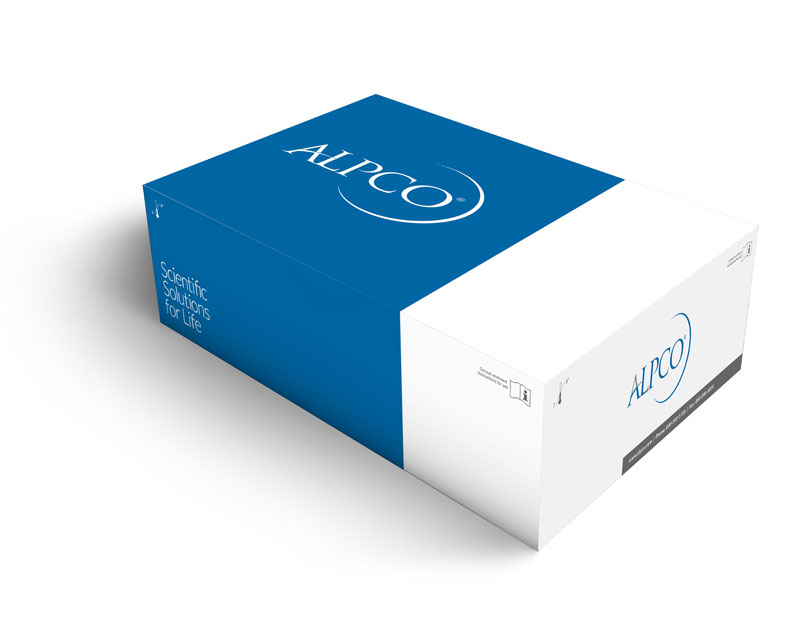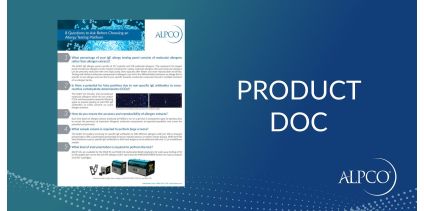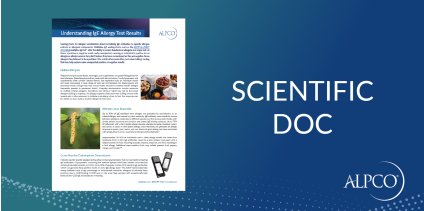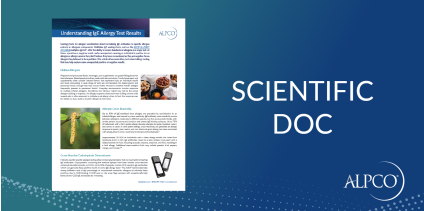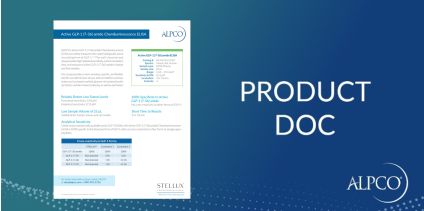Immunoglobulin E (IgE) ELISA
$351.00
Catalog
30-6511
Immunoglobulin E (IgE) ELISA is for the quantitative determination of IgE in Human serum and stool.
-Includes ready to use standards and controls
-Incubation time under 3 hours
-Compatible with multiple sample types including stool
Research Use Only. Not for Use in Diagnostic Procedures.
-Includes ready to use standards and controls
-Incubation time under 3 hours
-Compatible with multiple sample types including stool
Research Use Only. Not for Use in Diagnostic Procedures.
Species
Human
Regulatory Status
Research Use Only. Not for Use in Diagnostic Procedures.
Product Distribution
Available in North America Only
Range
0.31-20 kU/L
Sensitivity
0.31 kU/L
Sizes
96 Wells
Sample Types
Plasma, Serum, Stool
Inc Time Hour
2
Inc Time Minute
10
Inc Time Overnight
No
Inc Time See Protocol
No
Sample Size
20
Sample Size 2
100
Detection
Colorimetric
Immunoglobulin E (IgE) is found in human secretions and fluids, such as respiratory tract mucus and saliva, urine, tears, human milk as well as in intestinal juices. It is responsible for various immediate hypersensitivity reactions like Type-I-hypersensitivity. Antigens trigger B-cells to produce and release IgE in large amounts which bind to the Fc receptor on the surface of mast cells. The next time the sensitized person has contact to the allergen, it cross links the IgE on the surface of the mast cells and thereby triggers the mast cells to release histamine, which cause the various symptoms. IgE is involved in a number of allergic phenomena such as erythema,anaphylaxis, skin-sensitization, and atopic reaction. In subjects suffering from allergy, the IgE levels increase as much as three to four times compared to the healthy.

